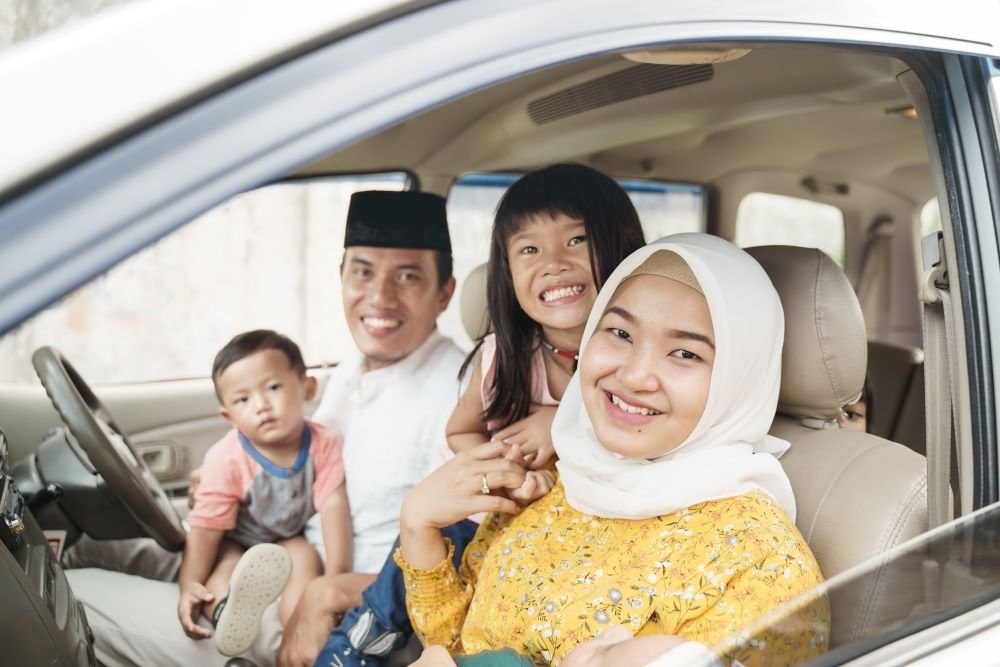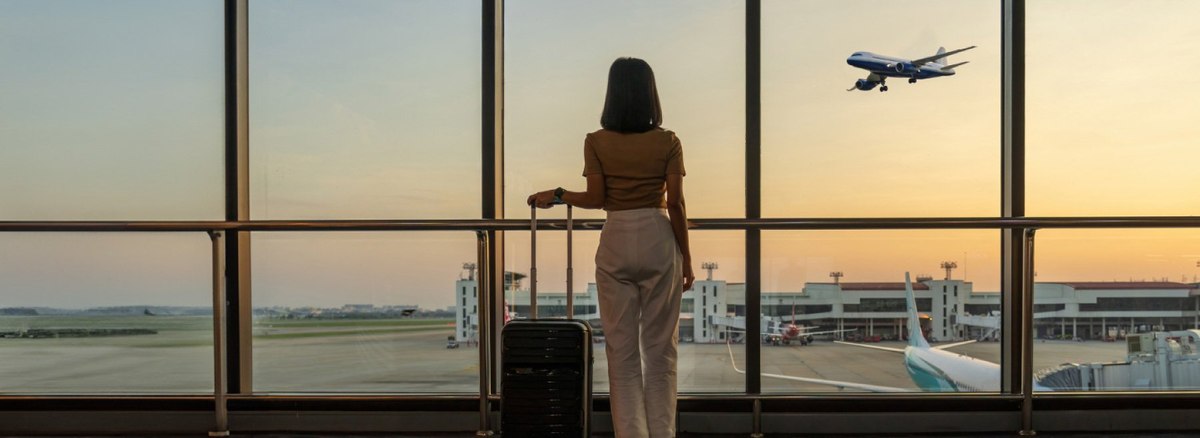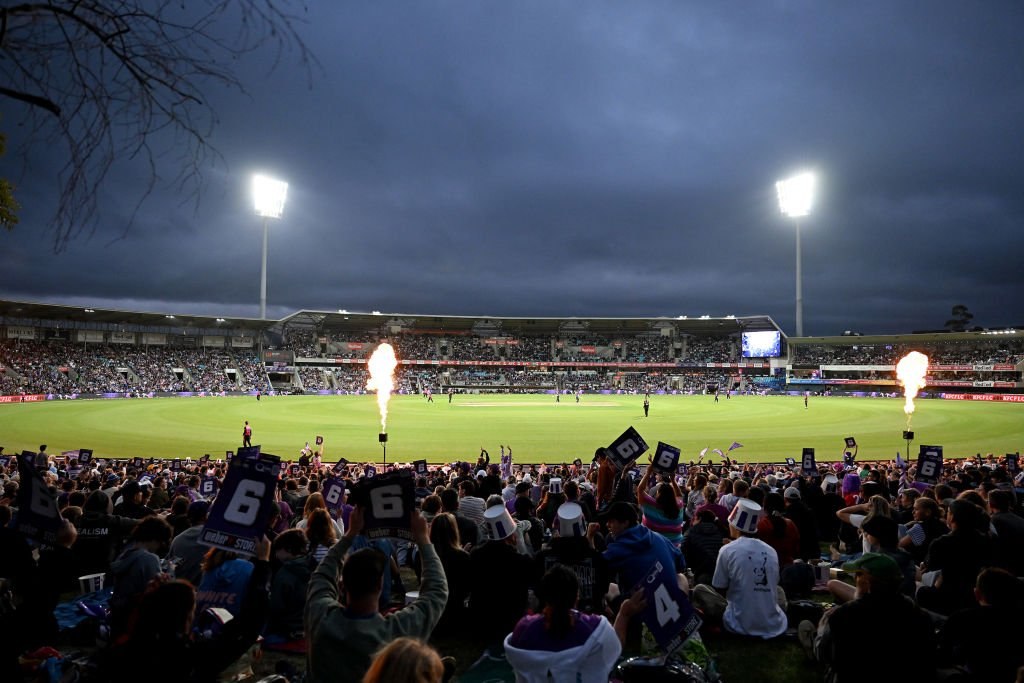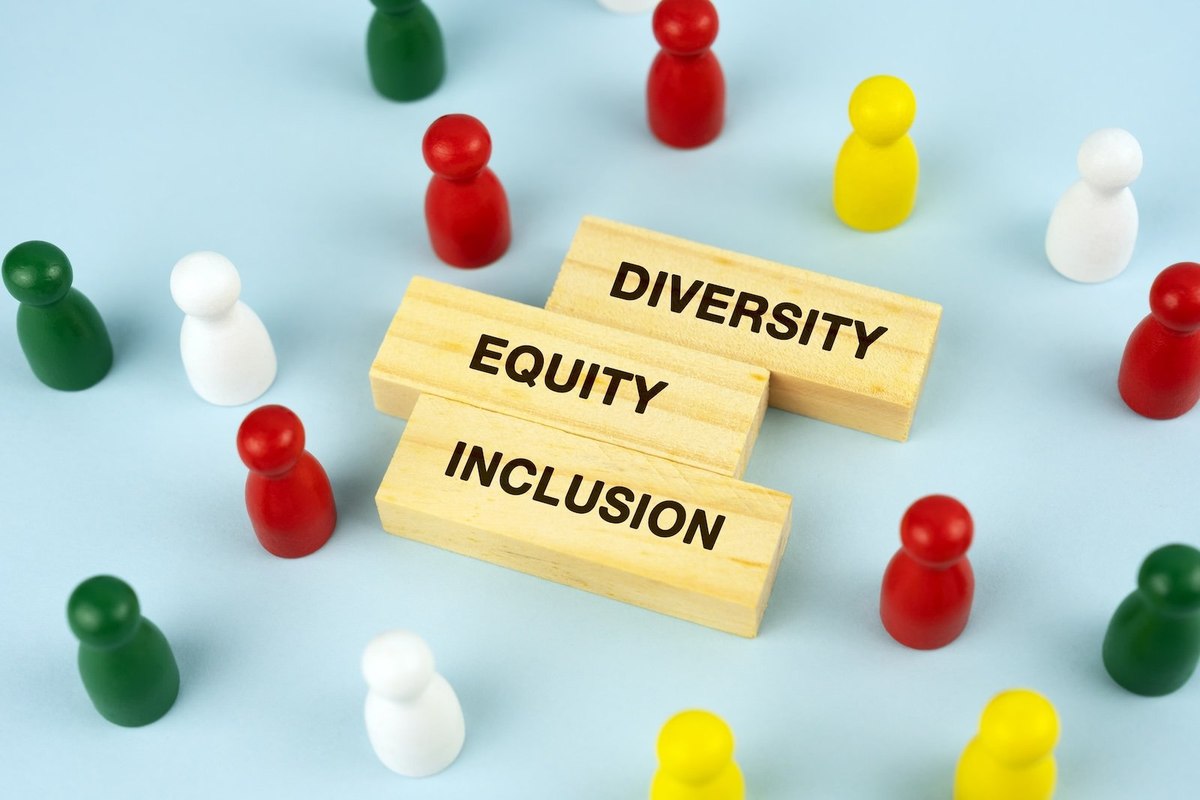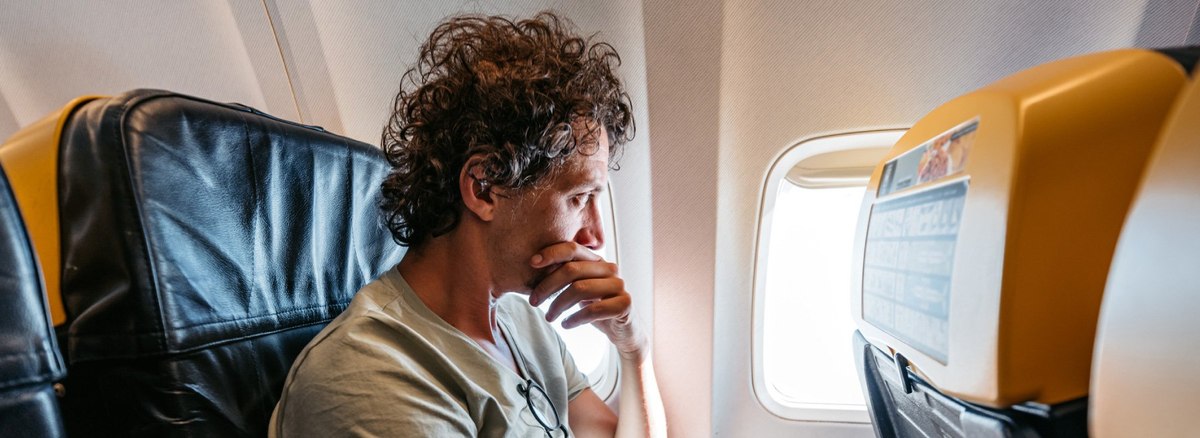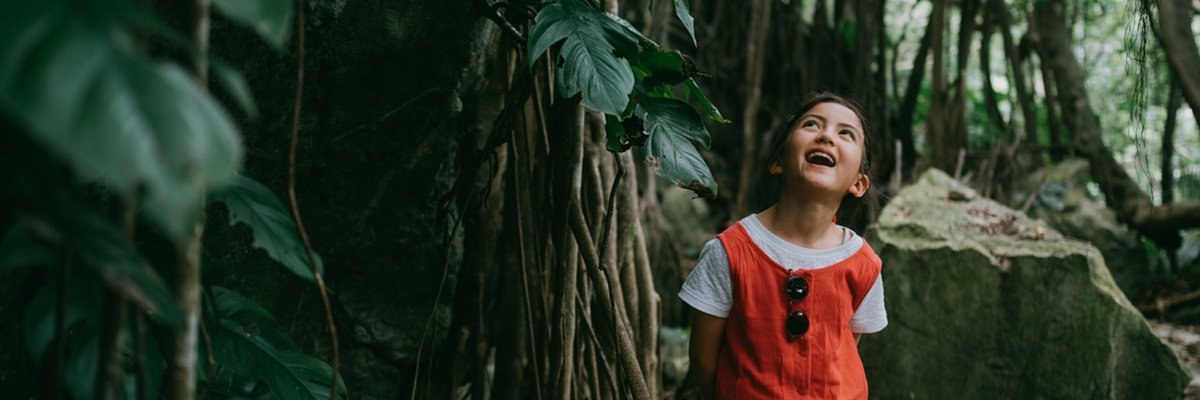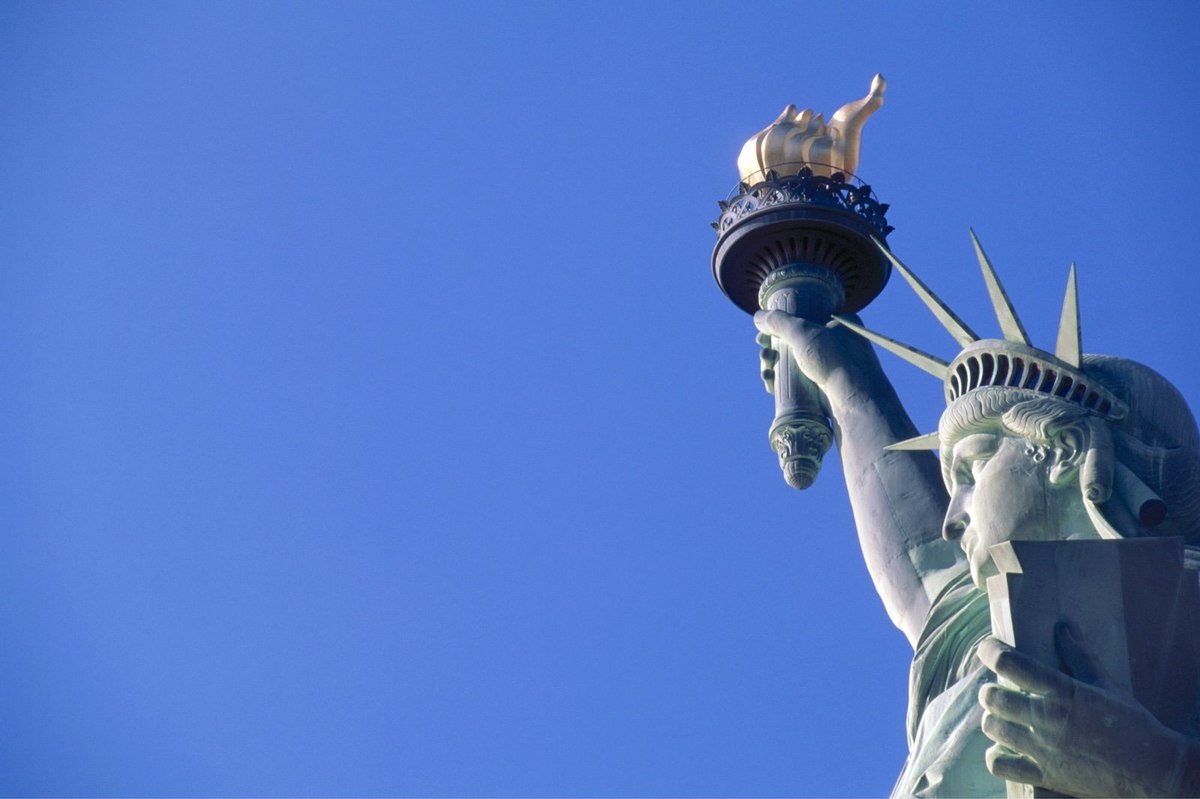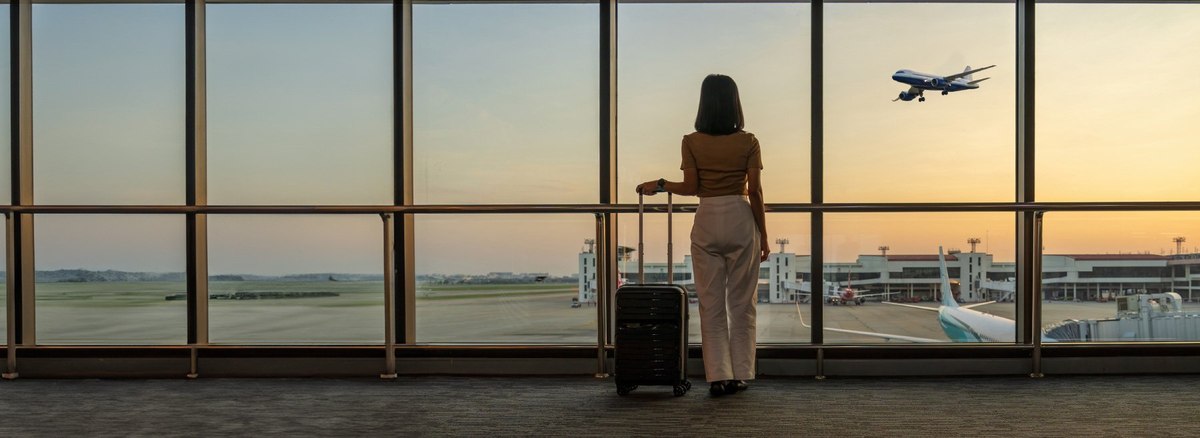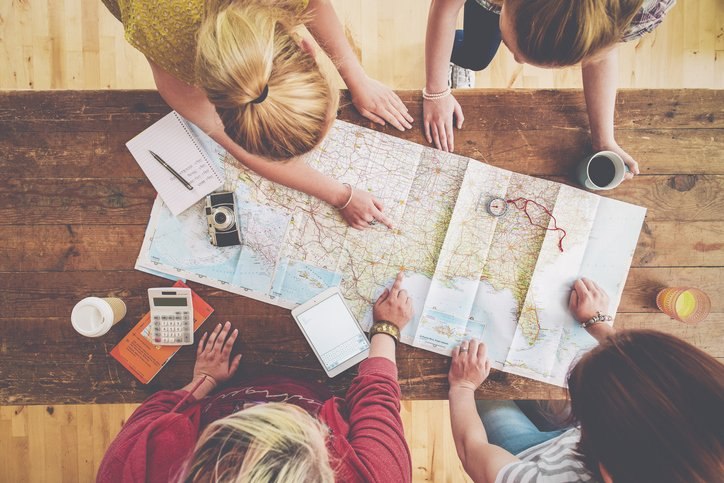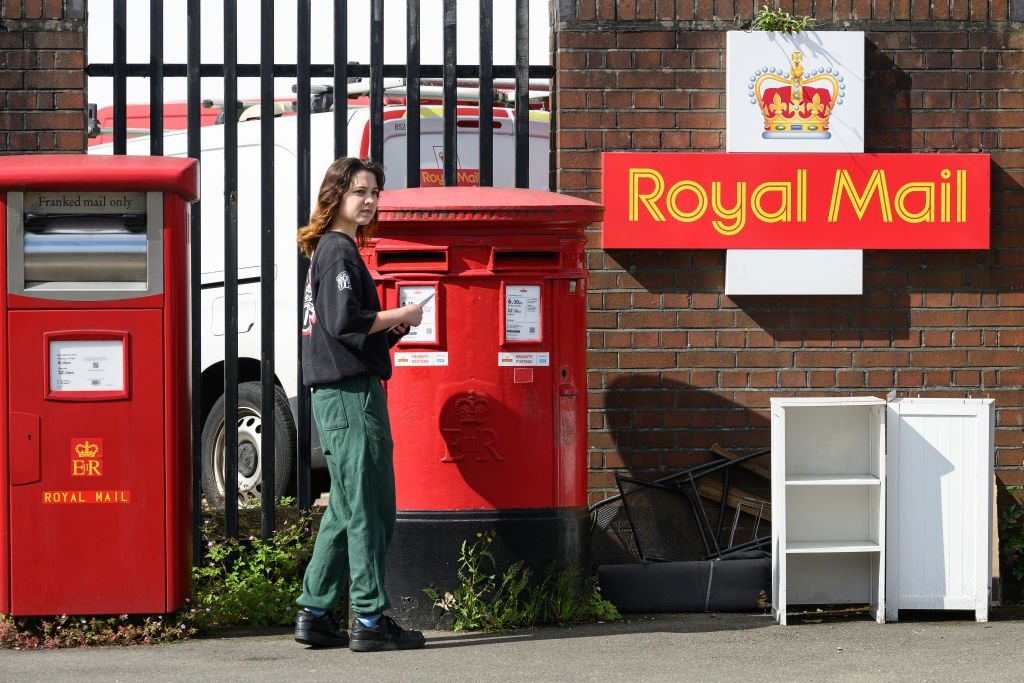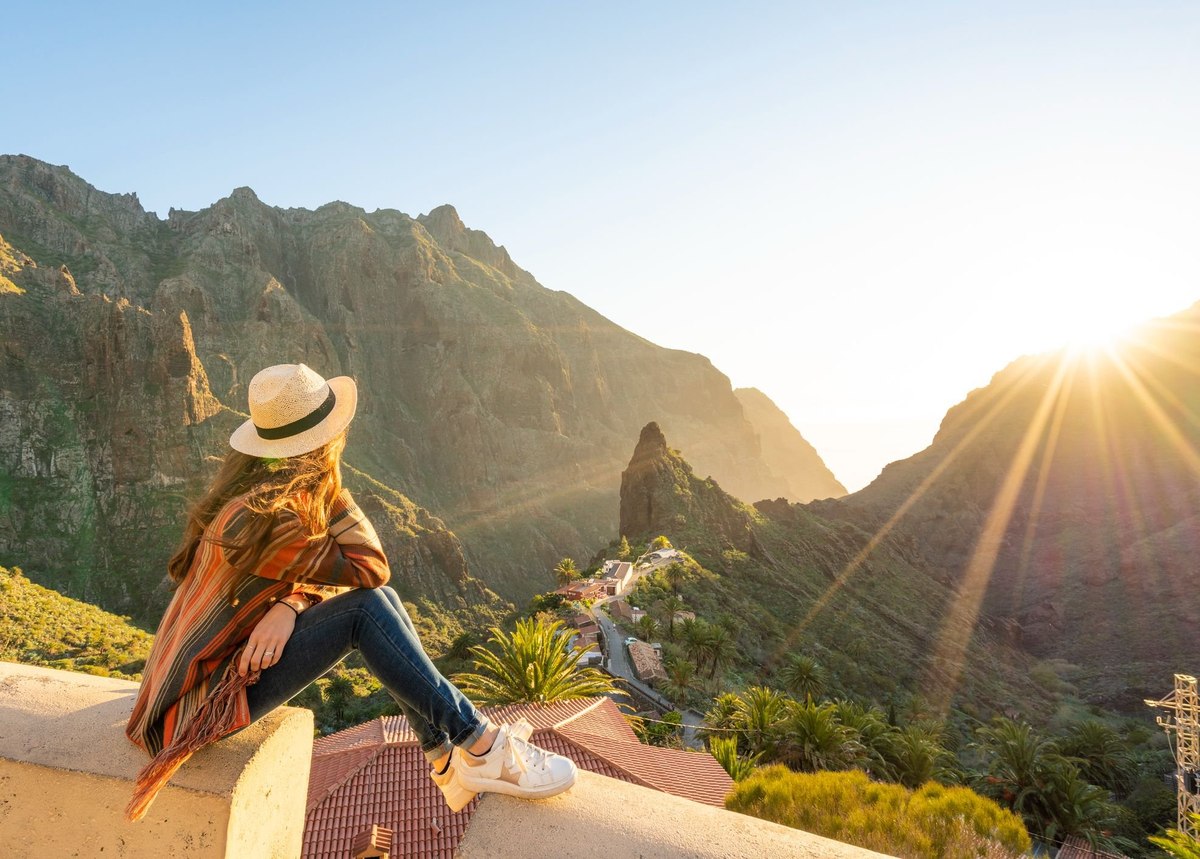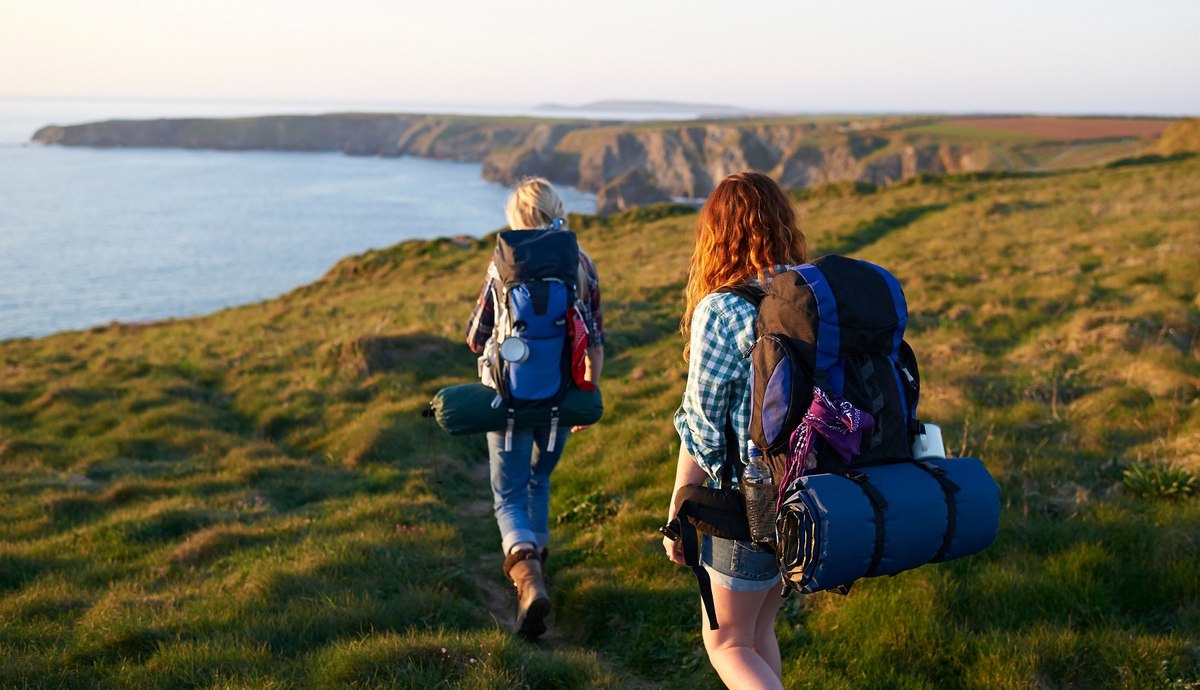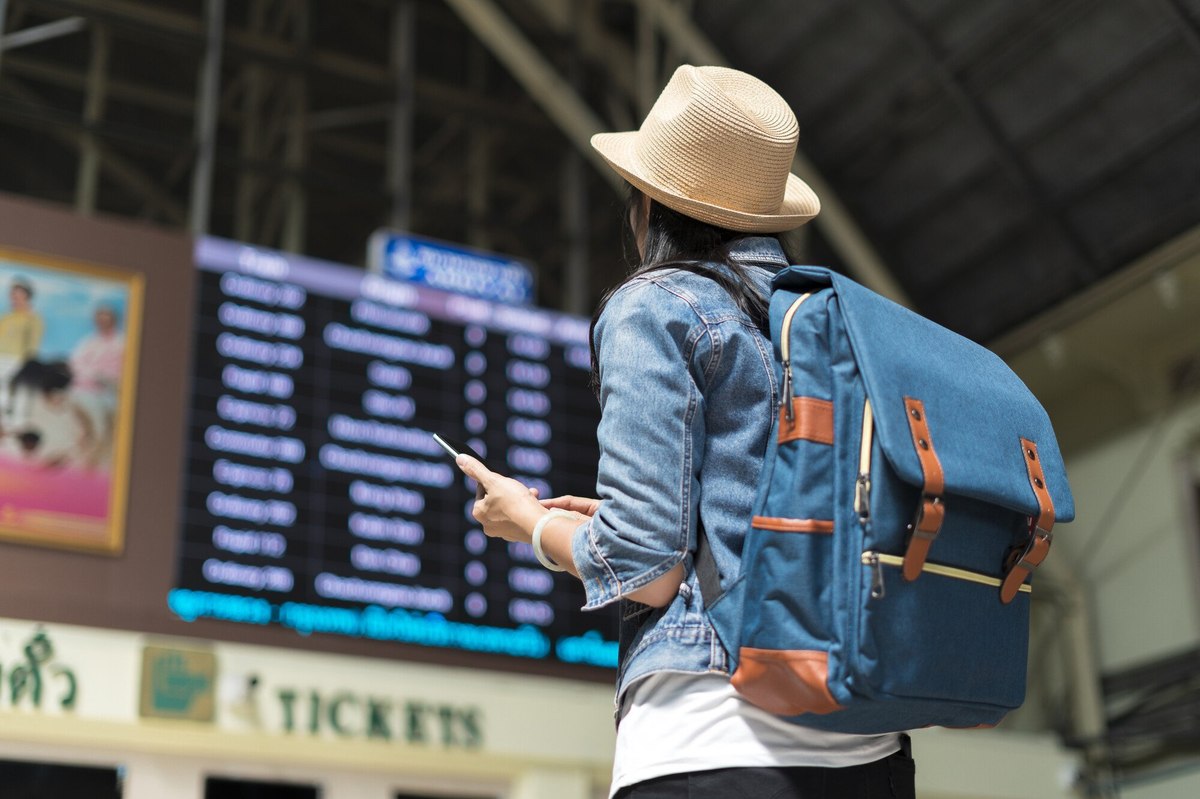
Is it appropriate to visit a destination struck by a recent disaster? Most Americans say no.
In the weeks after the wildfire that killed 110 people in Maui’s historic resort town of Lahaina, tension has been building between Maui residents and travelers over the propriety of visiting the island so soon after the blaze.
To receive monthly insights about travel and tourism register here.
On one side of the debate is the additional stress the presence of tourists would create on resources such as housing and shelter, with thousands of Hawaiian residents having been displaced from their homes. Others argue that tourism is vital to Hawaii’s economy and the income it brings in will be needed to rebuild.
Most believe it's inappropriate to vacation somewhere that recently suffered a natural disaster
A new survey from YouGov aimed at measuring the appropriateness of visiting a vacation destination one week after it was affected by a natural disaster reveals that most people think it is inappropriate (65%) to do so. Roughly one in six (15%) US adults believe it is appropriate, but there’s a fair amount of uncertainty around what to do about the situation (20%).
The data reveals some differences based on gender and age. Men were more likely than women to say it is appropriate to visit a destination after a natural disaster (20% vs. 11%). Likewise, young adults (ages 18-44) were significantly more likely than older age cohorts to deem it appropriate (23% vs. 8% of ages 45 and older.
A majority would also change their travel plans, but those who deem it appropriate would still go
We also asked what people would do about planned travel to an area that was affected by a natural disaster a week prior.
More than three in five (63%) US adults would reschedule their vacation in this scenario but close to a fifth (18%) would keep their travel plans. Again, the situation proves to be confounding for the public, with an additional fifth (19%) saying they're not sure what to do.
Among those who say it is appropriate to travel to a destination soon after a natural disaster, 58% said they would go on their vacation as planned. And despite deeming it appropriate to travel in this scenario, a third (34%) say they would reschedule their vacation.
The multifaceted nature of the issue, especially regarding the impact of halting tourism on residents, underscores the complexity of decisions that governments, destination boards and travelers face in the aftermath of natural disasters.
For now, both travelers and tourism-dependent communities will have to navigate the delicate balance between recovery and economic stability.
Methodology
This Daily Questions survey was conducted online on August 17-18th, 2023 among 9,258 U.S. adults. The sample was weighted according to gender, age, race, education, U.S. census region, and political party.
Photo by Getty Images






